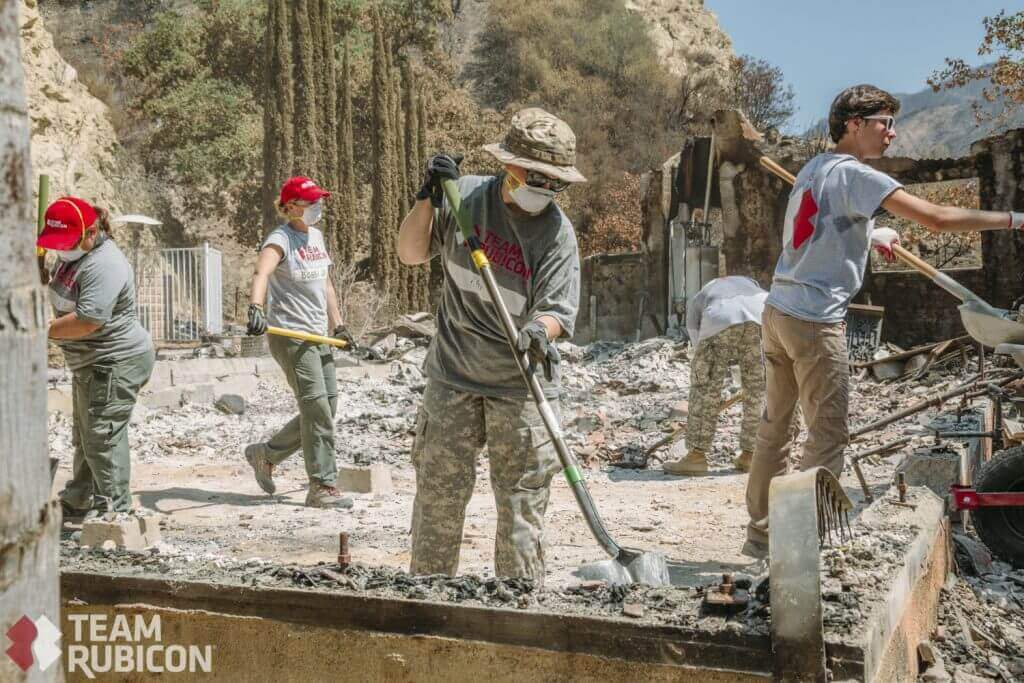History belongs to the winners, so we need your help in locking up $100,000 in the LA2050 grants challenge to fund our mission. We‘re fired up, as the public vote for the LA2050 Challenge officially opens today and runs through October 25, 2016!
What is LA2050?
On September 6, 2016, LA2050 launched its fourth ‘My LA2050 Grants Challenge,’ a $1 million competition to reward proposals that will support the LA2050 vision to make LA the best place to:
- Learn
- Create
- Live
- Connect
- Play
Ten awards of $100,000, are up for grabs. The challenge jury will select one winner among the top 10 publicly voted submissions in each of the five categories. We are entering the “Live” category to make Los Angeles a resilient community.
How can you help?
Let’s show LA2050 who’s boss. It’ll take two seconds, it’s not computer science, and you have the ability to help us help more communities affected by disasters.
Vote for Team Rubicon here and leave a comment on our page to help keep us at the top of the viewing list.
How does Team Rubicon come into play?
The ability of our cities to respond natural disasters is insufficient. People, property, and local economies are being disrupted and undermined at an alarming pace, and financial resources for disaster response are stretched thin at county, state, national, and charitable levels.
Spending money on resiliency and readiness saves money. An organized, trained, and equipped Team Rubicon will help stabilize LA once disaster hits, allowing municipal and emergency services to perform core functions enabling them to focus on getting residents back to normal life as quickly as possible. By leveraging the skills of veterans, Team Rubicon is preparing for and responding to disasters as well as providing purpose, community, and identity to our nation’s veterans, easing their transition home.
What’s our proposal?
Based on our experience during the past six years responding to over 150 disasters, Team Rubicon is launching our community resilience program which consists of veteran-led relief teams who can respond immediately to natural disaster should one strike Los Angeles; the teams will show through action, how an immediate, local response complemented eventually by external disaster support can more effectively save lives, protect property, and restore economies more rapidly than traditional relief modalities; and ensure that post-disaster response work continues long after media attention and external relief agencies deploy to other crises helping to fully rebuild Los Angeles neighborhoods. This will be achieved through the creation of a Basic Readiness Unit (BRU), a discrete capability level achieved within a single city limit.
The Los Angeles Basic Readiness Unit is comprised of trained, local community volunteers ready to intervene as a natural disaster strikes, with the number of responders calculated based on the size of Los Angeles and geographically allocated throughout the city to ensure no one is left behind as the disaster unfolds; that basic needs are met; coordinate access to leadership at national level to ensure national relief resources are deployed most effectively and efficiently when available; and ensure the ability to monitor response, recovery, and rebuilding efforts in ways external agencies simply cannot mimic.




